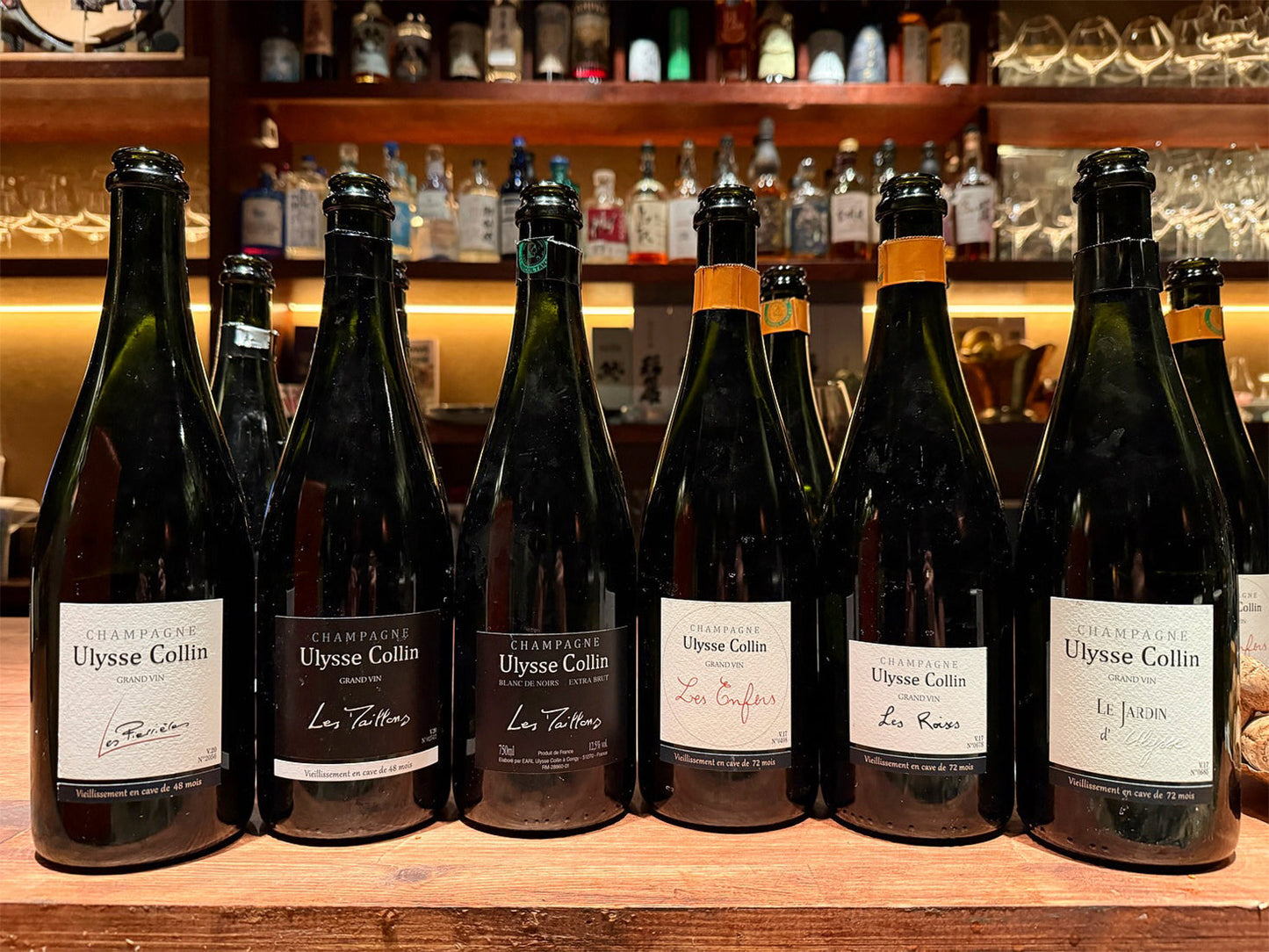
Text by: Greg Somm
After another tasting of Olivier Collin wines, I came out with so many impressions and reflections that I wanted to write them down and form my own view on the style of Champagne from this estate. Once again, I found myself pondering what comes first in Champagne wines for me personally. Roughly speaking, I can identify the following components of a particular winemaker's style that I pay attention to:
1. Grape ripeness. Despite what anyone says, many recoltants today strive to harvest grapes at the peak of ripeness without losing acidity. This determines the richness of the base wine. Olivier, in my opinion, is one such winemaker.
2. Vinification of the base wine in barrel is a key feature of the style of the final wine once bottled. In this case, I believe it's worth discussing the 'wininess' of Champagne. For me personally, all other things being equal, the barrel-aged style of Champagne is much more interesting and Olivier makes precisely such wines.
3. Aging on the lees. This is another variable in the wine stylistic equation. Long aging is now the way of wealthy winemakers. But at the same time, it's a feature that sets the final wine apart from the mass of recoltant wines. In this case, Olivier pays great attention to this, which gives his wines complexity and completeness in their youth.
4. Dosage plays a big role in the complexity of wine. Avoiding dosage often simplifies it. But if the grapes were initially concentrated, avoiding dosage gives the wine its own individuality. However, if the grapes weren't particularly well-produced, and there was short aging on the lees, the final wine turns out overly simple. And Olivier is also acutely aware of this. Each of his wines perfectly reflects all of the aspects I've discussed. In this sense, he makes benchmark wines. As for their evolution, it's a matter of time and patience. Old disgorged grapes are always better than young ones, but also more expensive. That is why it is better to take young ones and store them yourself.
